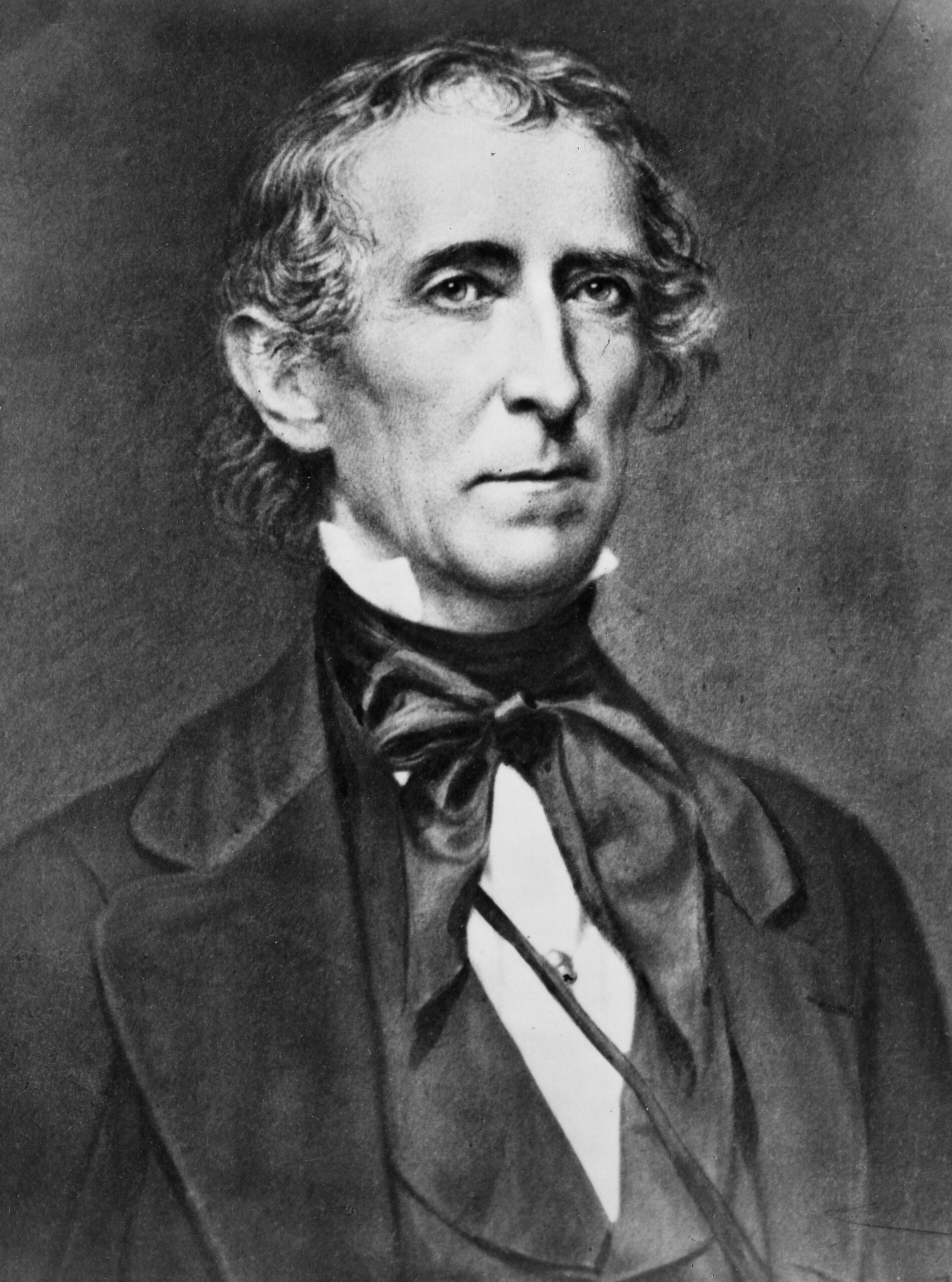Achieving Success through Executive Presence
What is Executive Presence?
Executive Presence is the ability to project confidence, credibility, and authority as a leader. It is the way you carry yourself, communicate, and interact with others in a business setting. Developing executive presence is crucial for success in the corporate world, as it can help you build strong relationships, influence others, and lead effectively.
Why is Executive Presence Important?
Having strong executive presence can open doors to new opportunities, help you stand out in a competitive environment, and increase your influence and impact within your organization. It can also enhance your personal brand and reputation, which are essential for career advancement. When you project confidence and authority, people are more likely to trust and follow you as a leader.

Elements of Executive Presence
There are several key elements that contribute to executive presence:
-
Confidence: Confidence is the foundation of executive presence. It is the belief in yourself and your abilities to handle challenges and make decisions with conviction. Confidence is visible in your body language, tone of voice, and the way you carry yourself.
-
Communication Skills: Effective communication is essential for building executive presence. This includes the ability to articulate your ideas clearly, listen actively, and convey your message with impact. Strong communication skills can help you connect with others, build relationships, and influence outcomes.
-
Professionalism: Professionalism encompasses your behavior, appearance, and demeanor in a business setting. It involves being punctual, reliable, and respectful towards others. Maintaining a professional image can enhance your credibility and trustworthiness as a leader.
-
Emotional Intelligence: Emotional intelligence is the ability to recognize, understand, and manage your own emotions, as well as the emotions of others. Leaders with high emotional intelligence are able to navigate complex social situations, resolve conflicts, and build strong relationships with their team members.
Developing Your Executive Presence
Now that you understand the importance of executive presence, here are some strategies to help you develop and enhance your own:
-
Self-Awareness: Take time to reflect on your strengths, weaknesses, and areas for improvement. Identify your leadership style, communication preferences, and emotional triggers. Self-awareness is the first step towards creating a strong executive presence.
-
Professional Development: Invest in professional development opportunities to enhance your leadership skills, communication abilities, and emotional intelligence. Attend workshops, seminars, and training sessions to develop the competencies needed to succeed as a leader.
-
Seek Feedback: Actively seek feedback from colleagues, mentors, and supervisors on your executive presence. Ask for specific examples of where you excel and areas where you can improve. Constructive feedback can help you identify blind spots and make meaningful changes.
-
Executive Coaching: Consider working with an executive coach to receive personalized guidance and support in developing your executive presence. A coach can help you set goals, create a development plan, and provide feedback on your progress.

The Impact of Executive Presence on Leadership
Executive presence plays a significant role in shaping your leadership effectiveness and influence within your organization. Here are some ways in which executive presence can impact your leadership:
-
Influence and Authority: Leaders with strong executive presence are able to command respect and influence others without relying on formal authority. They are seen as credible, trustworthy, and capable of leading effectively.
-
Team Engagement: A leader’s executive presence can impact the engagement and motivation of their team members. When you project confidence, positivity, and authenticity, your team is more likely to be inspired and motivated to perform at their best.
-
Decision-Making: Executive presence can also influence your decision-making as a leader. When you exude confidence and clarity in your communication, you are more likely to make decisive and effective decisions that benefit your team and organization.
-
Organizational Impact: The collective executive presence of leaders within an organization can shape its culture, reputation, and overall success. When leaders project a strong and cohesive executive presence, it can enhance the organization’s brand and impact in the marketplace.
Cultivating Executive Presence in Different Leadership Roles
Whether you are a seasoned executive, a mid-level manager, or a new leader, cultivating executive presence is essential for success. Here are some tips for developing executive presence at different levels of leadership:
-
Entry-Level Leaders: As a new leader, focus on building a strong foundation of confidence, professionalism, and communication skills. Seek opportunities to take on leadership roles, collaborate with colleagues, and demonstrate your potential as a future leader.
-
Mid-Level Managers: Mid-level managers can enhance their executive presence by developing their emotional intelligence, decision-making abilities, and strategic thinking skills. Focus on building strong relationships with your team members, peers, and senior leaders.
-
Senior Executives: Seasoned executives can elevate their executive presence by leading with authenticity, vision, and charisma. Focus on inspiring and empowering your team, driving organizational change, and creating a positive impact on the business.

The Role of Executive Presence in Career Advancement
As you progress in your career, executive presence becomes increasingly important for achieving your professional goals and advancing to higher levels of leadership. Here are some ways in which executive presence can impact your career advancement:
-
Visibility and Recognition: Strong executive presence can help you stand out in a crowded marketplace and attract attention from senior leaders and decision-makers. When you project confidence, influence, and credibility, you are more likely to be recognized and rewarded for your contributions.
-
Networking and Relationships: Executive presence can enhance your networking abilities and help you build strong relationships with key stakeholders in your industry. When you exude professionalism, authenticity, and charisma, people are more likely to trust and connect with you.
-
Opportunities and Growth: Having a strong executive presence can open doors to new opportunities for growth, development, and advancement in your career. When you are perceived as a confident, capable leader, you are more likely to be considered for challenging assignments, promotions, and leadership roles.
Conclusion
In conclusion, executive presence is a critical competency for success in leadership roles and career advancement. By developing your confidence, communication skills, professionalism, and emotional intelligence, you can enhance your executive presence and make a positive impact within your organization. Cultivating executive presence takes time, effort, and self-awareness, but the benefits are well worth the investment. Keep in mind that executive presence is not a one-size-fits-all concept – it is a unique combination of traits, behaviors, and attitudes that make you a compelling and influential leader. Start building your executive presence today and watch your career soar to new heights.
